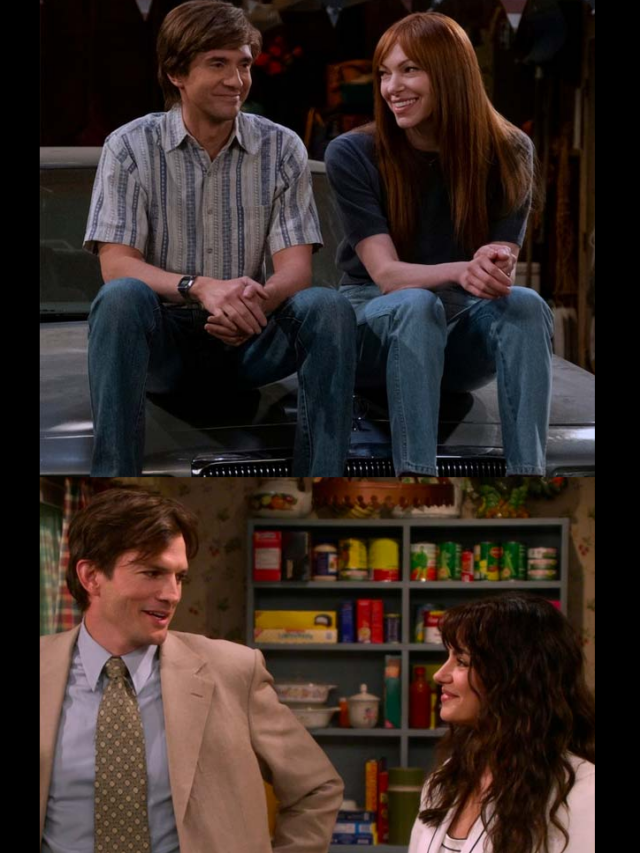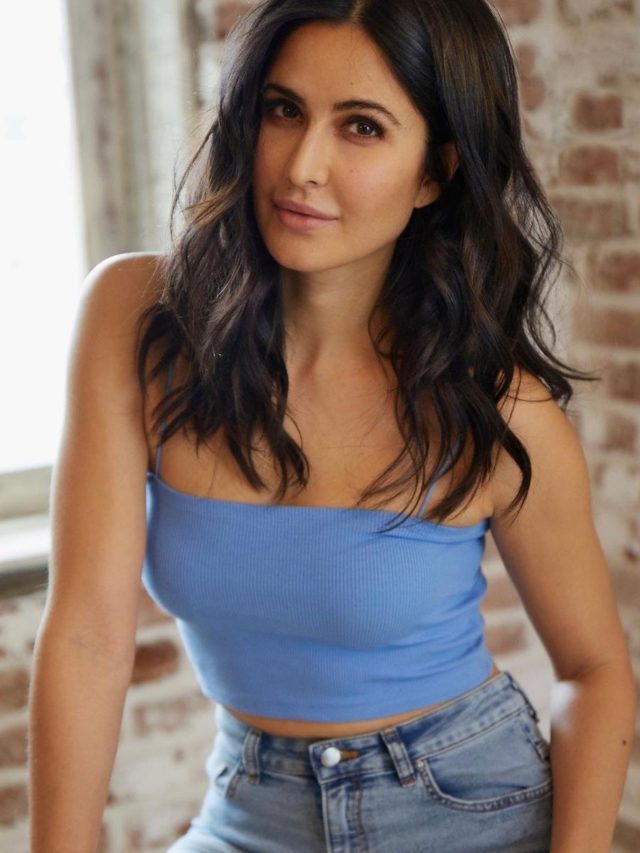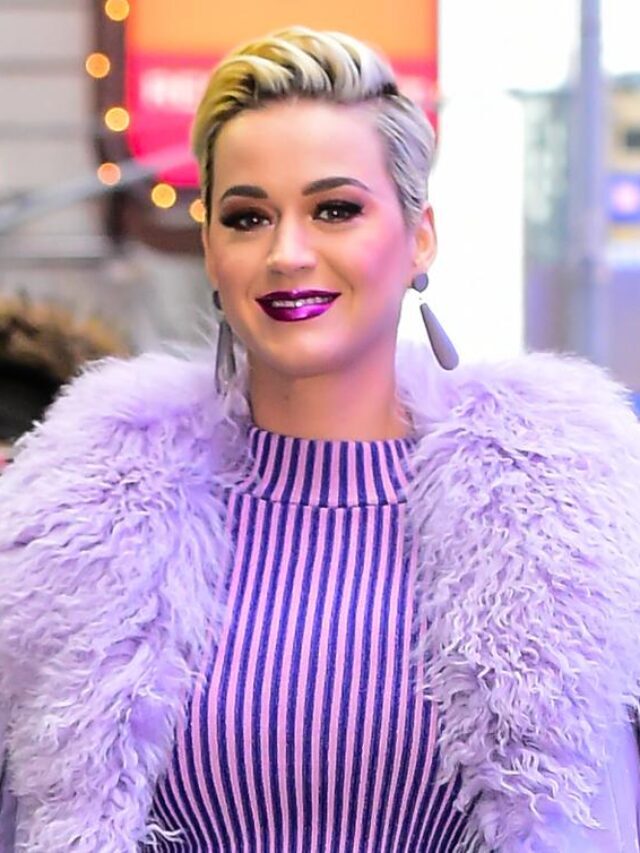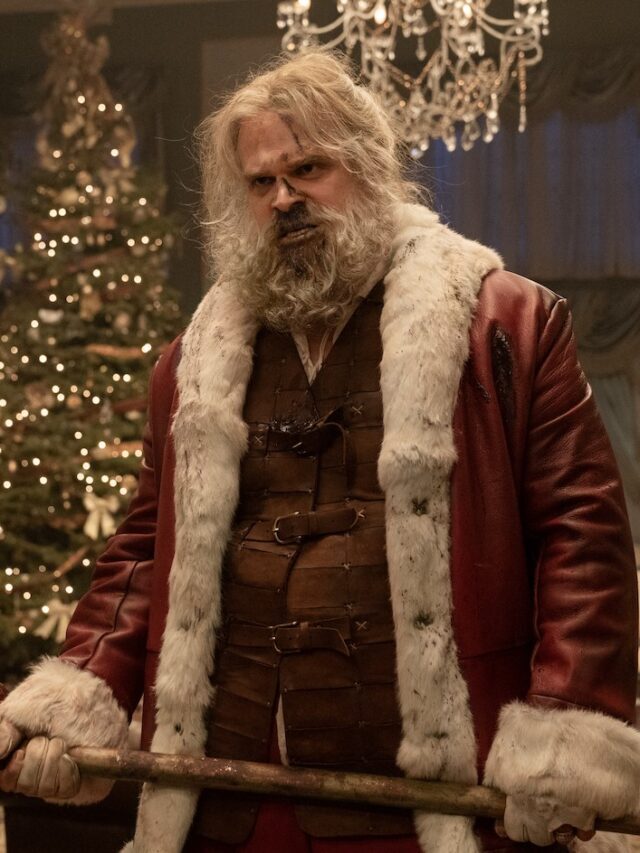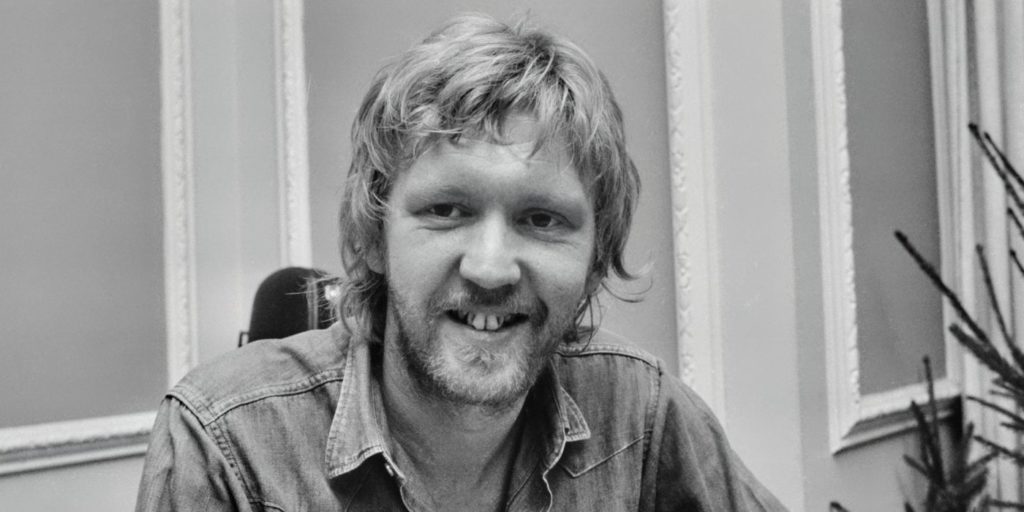Here is the humorous story behind the song “One Is The Loneliest Number” by Harry Nilsson. There is no disputing the impact of setting a scene to well-known music, which can be utilised to successfully establish a geographic or historical context or to further a character’s emotional state. They can also facilitate an audience-film connection in a way that an original score would not be able to.
Nevertheless, some well-known songs end up sounding cliched when they appear too often in TV series or on film soundtracks. The Clash’s “London Calling” and Frank Sinatra’s “New York, New York” are probably not necessary for moviegoers to hear every time a scene is set in the British capital or the Big Apple, respectively. Similarly, “All Along The Watchtower” by the late, great Jimi Hendrix always seems to be the standard tune to inform viewers that a movie is set in the late 1960s.
Harry Nilsson’s 1968 song “One,” which is also frequently heard on the soundtracks of TV shows and motion pictures, gained notoriety as “One Is The Loneliest Number” due to its opening verses. The Simpsons, which blew its best chance at a series conclusion, The Umbrella Academy, and Shrek 2 all featured the song, which has come to be associated with the idea of a character’s isolation. The song actually has a very funny and relatable genesis story, despite the fact that many people mistakenly interpret it as a sombre meditation on loneliness.
One can surmise that “One Is The Loneliest Number” was inspired by a breakup or another sad event given how introspective the lyrics are and how depressing the music is overall. Harry Nilsson actually felt moved to write “One Is The Loneliest Number” after making a call but receiving a busy signal. His attention was drawn to the engaged phone line’s “beep, beep, beep,” and the singer-songwriter used a similar sound in the song’s opening piano chords.
Not just “One Is The Loneliest Number” but other Harry Nilsson songs are frequently used on the soundtracks of films and television shows. His 1971 song “Gotta Get Up” is widely featured in the Netflix series Russian Doll. His cover of the Fred Neil song “Everybody’s Talkin'” was famously included in the 1969 film Midnight Cowboy and has since been utilised in the likes of Forrest Gump, Futurama, and Borat.
Being a binge-watcher himself, finding Content to write about comes naturally to Divesh. From Anime to Trending Netflix Series and Celebrity News, he covers every detail and always find the right sources for his research.

